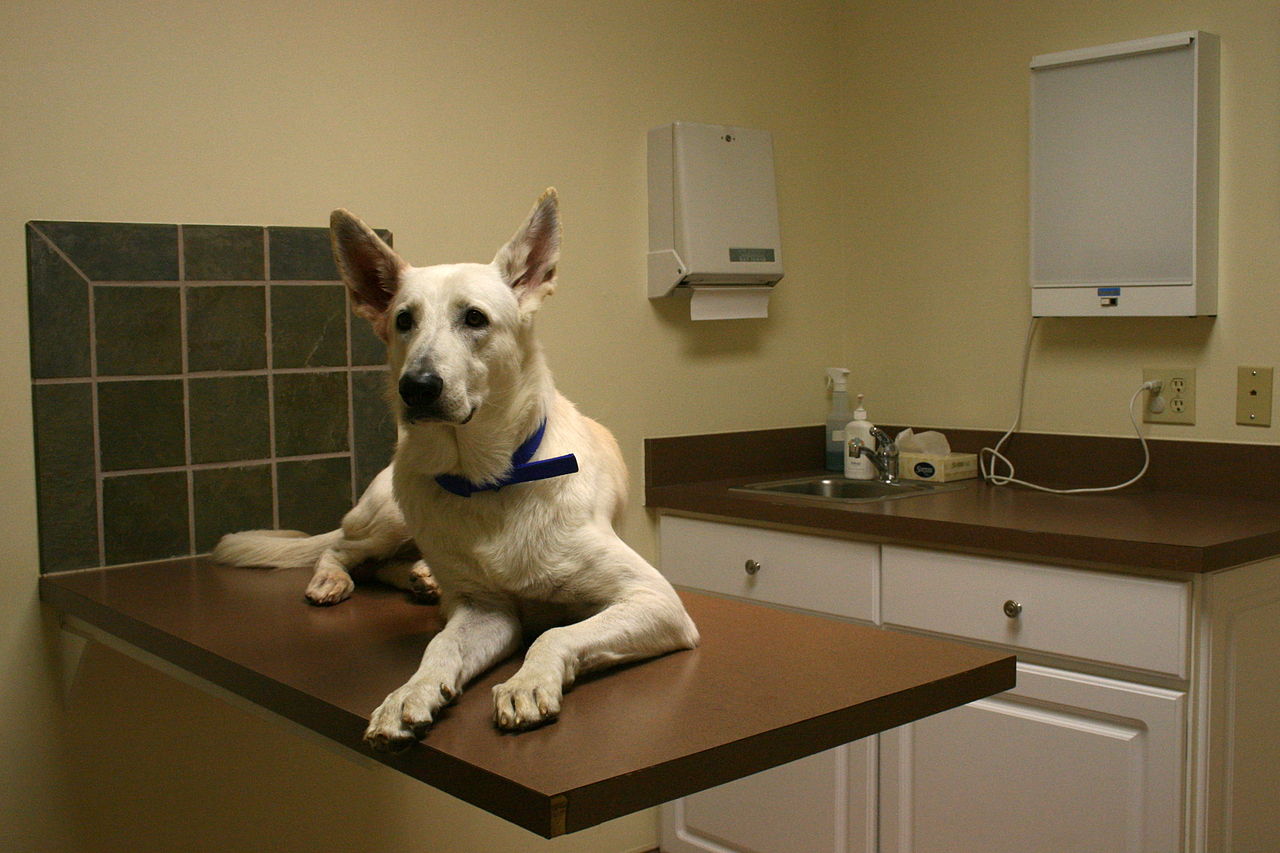
In order to find a method of treatment or cure for cancer, trials are funded to help with research. Most trials are held at universities with veterinary schools. Dr. Demian Dressler, an expert in the field of cancer in dogs explained on his website, Dog Cancer News, the pros and cons of such trials.
Pros: Trials offer new treatments that could mean remission of the disease or give the dog a longer, quality life.
Cancer trials are usually funded through donations and grants so that the cost is minimal or none compared to private treatments.
Scientists involved in the trials give the dogs the very best of care.
The information gleaned from these trials can have a strong impact on cancer treatment for both dogs and humans.
Cons: The treatment may not work.
The dogs are divided into 2 groups, one that receives the treatment and the other control group given traditional treatment. You will not be told into which group your dog is placed.
While receiving trial treatments, dogs cannot undergo any other treatment as that would change results.
Your dog may have to be away from home and family during some trials.
You may have to travel long distances for your dog to take part in a trial.
There are many people who want to do everything possible to help their dog suffering with cancer but due to financial constraints, find traditional treatment beyond their means. These trials are worth investigating to find out if their dog meets the qualifications. Trials can be an answer to their prayers.



